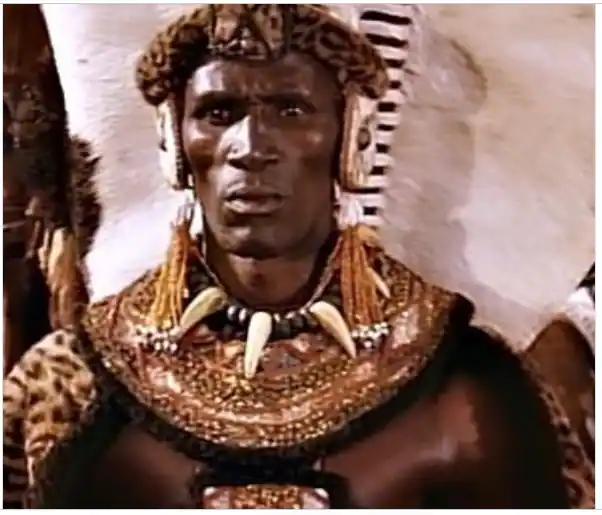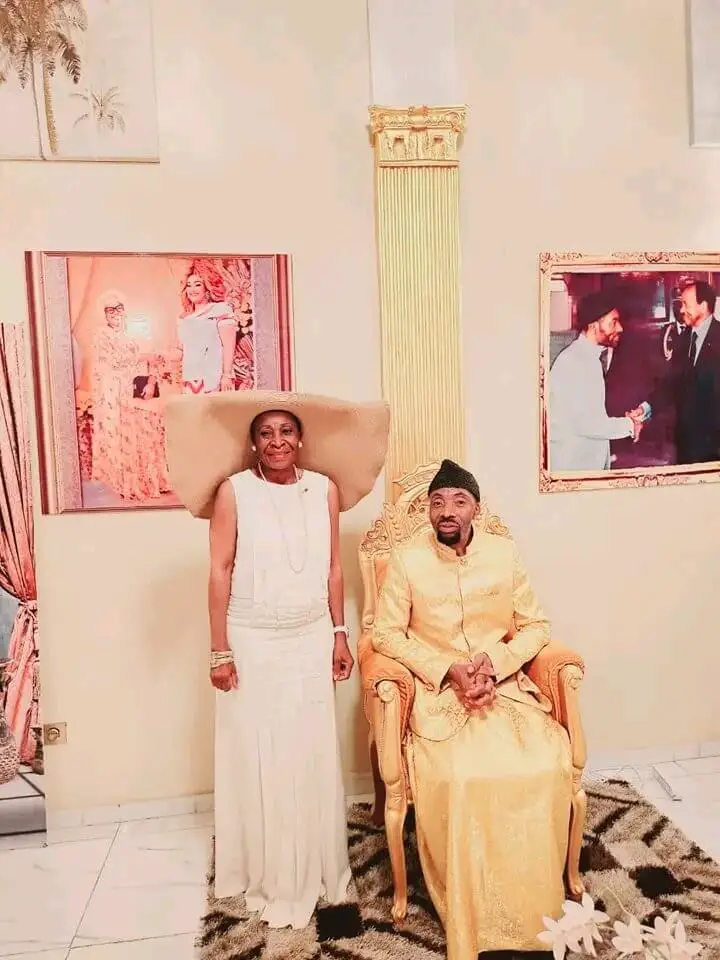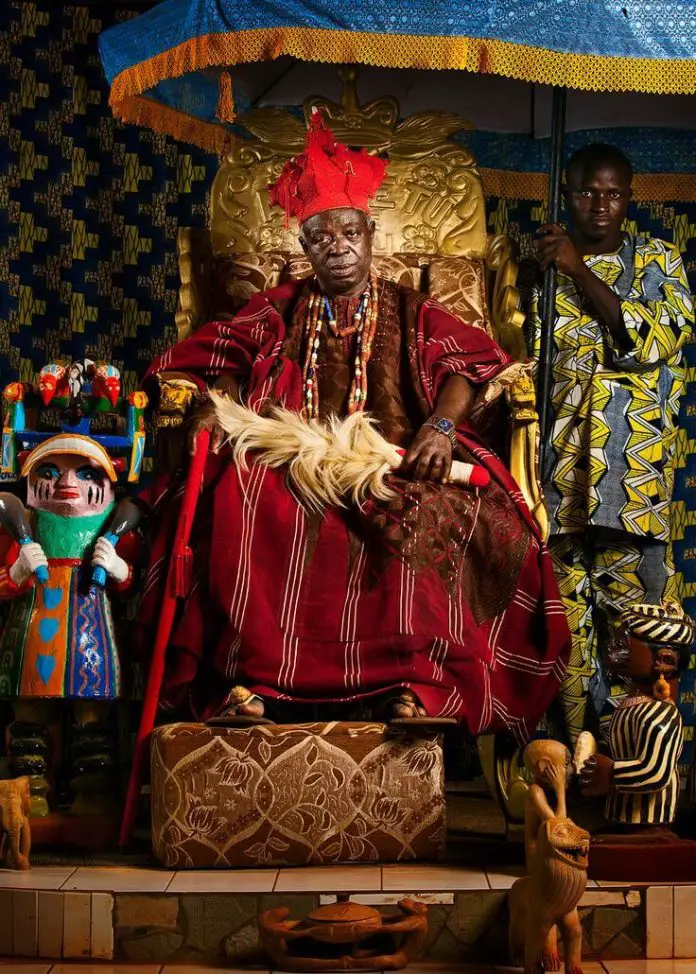The African continent is known for its diverse and rich culture. The word “royalty” often evokes images of European monarchs adorned in regal attire, but did you know that Africa also has a long and illustrious history of royalty?
For instance, throughout history, royal figures were highly regarded by community members.
Throughout Africa’s history, numerous cases of royals have been celebrated, respected, and honored.
African cultures have developed various words and expressions from the ancient kingdoms of Egypt, Ghana, and Mali to the modern-day nations of Nigeria, Morocco, and Swaziland to honor their kings, queens, and rulers.
This post will explore the meanings, histories, and symbolism behind African words for royalty. Not only will you be left inspired, but also enlightened on the heart of the African royalty.
And what’s more, you can feel free to use these names on yourself or others to portray royalty.
1. Mfalme
Mfalme is derived from Swahili and translates to “king” in English. This word is rooted in the Bantu language family, the largest ethnic and linguistic group in Africa.
The title of Mfalme holds great significance in Swahili culture, as it typically refers to a leader who commands immense power and respect and, through his actions and deeds, has earned the loyalty and admiration of his people.
The role of a Mfalme is considered to be one of great responsibility, as he is expected to lead his subjects with wisdom, fairness, and justice.
2. Inkosi
Inkosi is used in various African languages, including Zulu, Xhosa, and Swazi. Its origin can be traced back to the Bantu languages spoken in many sub-Saharan African countries.
Inkosi is derived from the Bantu word “n-kosi,” which means “one who rules” or “king.”
Historically, Inkosi refers to the tribal chiefs or traditional leaders who governed various African tribes.
These individuals were responsible for maintaining law and order and making important decisions affecting their communities.
3. Akeem
Akeem originated from the Yoruba language, which is spoken in West Africa, particularly Nigeria and Benin.
The name Akeem, also spelt Akim, Akeme, or Akiem, translates to “wise,” “intelligent,” or “judicious.”
In Yoruba culture, wisdom is highly valued and is associated with royalty and nobility.
Thus, Akeem is often used as a name for princes and other members of royal families in Nigeria.
Interestingly, the name Akeem has travelled beyond West Africa and has become popular in other parts of the world, particularly in the African American community.
4. Maleek
Maleek means “royalty” or “sovereignty.” The word was originally Arabic but was quickly adopted by many African languages due to the spread of Islam throughout the continent.
Maleek can be found in many African cultures, including Hausa, Yoruba, and Swahili. It is a name often given to boys, symbolizing strength, power, and leadership.

5. Boqor
The African word “Boqor” is associated with royalty in many African societies, particularly those in the Horn of Africa, such as Somalia and Djibouti.
It is derived from the Somali word “Bokor,” which means “head” or “leader.”
It was used to refer to the leader of a clan or tribe, who was responsible for making important decisions and representing the group in public affairs.
Over time, the term evolved to signify the monarch or king, the highest-ranking leader in the land.
Today, the word Boqor can still refer to the highest-ranking leader.
6. Makeda
Makeda is an Ethiopian name that means “greatness” or “queen.” In Ethiopian history and mythology, Makeda is also known as the legendary Queen of Sheba, who was said to have a lavish court and ruled over a wealthy kingdom.
According to legend, the Queen of Sheba visited King Solomon in Israel, and the two monarchs fell in love.
Makeda returned to Ethiopia pregnant with Solomon’s child, Menelik I, who later became the founder of the Ethiopian royal dynasty.
To this day, Makeda refers to nobility, power, and wisdom.
7. Adeola
Adeola originates from the Yoruba language, mainly spoken in West Africa, particularly in Nigeria.
Adeola is derived from two Yoruba words, “ade”, which means crown, and “ola”, which translates to wealth, abundance, or honor.
Combined, these two words result in the name Adeola, which means “the crown brings honour” or “one who has an abundance of honour”.
Traditionally, Adeola was given to a child born into a royal family or a child whose parents held high positions of influence in society. The name carries the expectation of excellence, honor, and dignity.
8. Zena
The name Zena carries various meanings in different parts of the world. In Latin, the word Zenobia, where Zena is derived from, is borrowed from a third-century arab queen. This is why people who name their daughters Zena often mean to convey royalty with regard to their young ones.
The name also has its roots in Greek mythology, where it was the name of the goddess of love and beauty.
In ancient Greece, the name Zena was considered a badge of honor, reserved only for those deemed of noble birth.

9. Mjaka
Mjaka is commonly associated with royalty in some parts of Africa, particularly in Swaziland. It is a word that represents prestige, honor and respect.
The word’s origin can be traced back to the Zulu tribe, who migrated from Central Africa to the southern parts of the continent several centuries ago.
According to Zulu tradition, a mjaka was a title given to a young warrior who had shown exceptional bravery and leadership during battle.
10. Eze
Eze is an Igbo word meaning “king” in English. In traditional Igbo society, the Eze was the chief who wielded political and social power in the community.
He was responsible for settling disputes, making important decisions, and representing the community.
The word has roots in the linguistic term “zi” or “zir”, which refers to tall or high things.
This is a fitting description of a king seen as high above everyone else in the community.
11. Saheed
Saheed originates from the Yoruba people of Nigeria. Traditionally, Saheed was given to traditionally born leaders. In Yoruba culture, royalty is held in high esteem, and the title of king or queen is revered.
The name Saheed is often used to depict the qualities of a noble and honorable figure responsible for upholding the dignity and prestige of the royal household.
12. Kagiso
Kagiso originates from the Tswana language, spoken primarily in Southern Africa. The word Kagiso has a deep meaning attached to it, quite literally translating to mean ‘peace.’
In African culture, peace is highly regarded and seen as a fundamental value among people, especially those in power.
Therefore, the word Kagiso goes beyond just a mere representation of royalty. It symbolizes the importance of living in harmony and maintaining peace within oneself and others.
Also, the Tswana people were traditionally ruled by chiefs or kings, known as Kgosi. Kgosi is related to Kagiso, as it also represents leadership and peace.
Other African Words You Should Know:



